Addiction Medicine Fellowship
The Fellowship is actively seeking diverse applicants and is committed to anti-racism in education and clinical practice. We participate in the UPMC Graduate Medical Education diversity recruitment and retention initiatives: Diversity and Inclusion | Medical Education | UPMC. We encourage fellows from underrepresented minorities to look into the REACH program which provides additional mentoring and funding to trainees from racial and ethnic minoritized backgrounds (REACH Program – Recognizing and Eliminating disparities in Addiction through Culturally-informed Healthcare (REACH) Program (reachgrant.org)).
For fellows who want to pursue further training for a career in academic addiction medicine we offer an additional two years of research training, or one year of medical education training, including a master’s degree in clinical research or medical education. The two-year program combines Pitt’s own research and educational resources with the opportunities offered by the Institute for Clinical Research Education (ICRE) degree programs in clinical research and medical education at the University of Pittsburgh. These programs provide fellows with didactic training in a broad spectrum of research and educational methodologies, technologies, and tools; exposure to multidisciplinary research and educational teams; hands-on mentored experience in conducting patient-oriented research; and the conceptual and writing skills necessary to submit competitive grant applications for successful, long-term patient-oriented research or education careers. By the end of the second year, fellows will obtain a master’s degree from the University of Pittsburgh in clinical research or medical education, with a special focus on addiction medicine.
Fellowship tracks
In addition to the general fellowship tracks we offer two tracks for applicants with special interests:
- Perinatal track: Applicants with a background in Ob-Gyn or Family Medicine (with an interest in obstetrics) will have the opportunity to participate in a one-year addiction medicine fellowship program with a focus on perinatal issues. Perinatal track fellows participate in the general addiction medicine fellowship activities (including 12 weeks on the Addiction Medicine Consult Service at Presbyterian Hospital), and fellowship didactics. However, the perinatal fellows’ longitudinal clinic will be at Magee-Women’s Hospital and they will have additional months at Magee in both inpatient and outpatient addiction medicine, as well as the opportunity to continue to hone general obstetrics and gynecology skills during their fellowship.
- Palliative Care track: Fellows with an interest in palliative care and/or SUDs in individuals with medical comorbidities will have the opportunity to pursue a joint (sequential) fellowship in Addiction Medicine and Hospice and Palliative Medicine through the nationally-known HPM fellowship housed in the same Division: DGIM SPC Fellowship | Department of Medicine (pitt.edu). Typically fellows complete a one-year Addiction Medicine fellowship first, with enhanced exposure to palliative care (including the option of participating in a joint palliative care/addiction outpatient clinic), followed by a one-year Hospice and Palliative Medicine fellowship. Please reach out to Dr. Childers at childersjw2@upmc.edu if you are interested in this opportunity.
Training Sites
 |
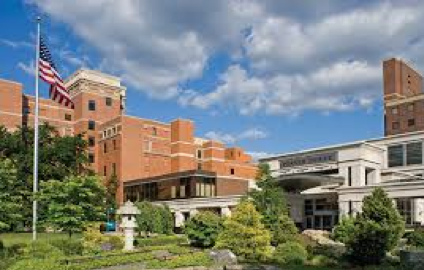 |
| UPMC Presbyterian Hospital is a Level I Regional Resource Trauma Center and a renowned quarternary center for organ transplantation. | UPMC Shadyside Hospital is a nationally ranked tertiary care hospital specializing in medical and surgical oncology care. |
 |
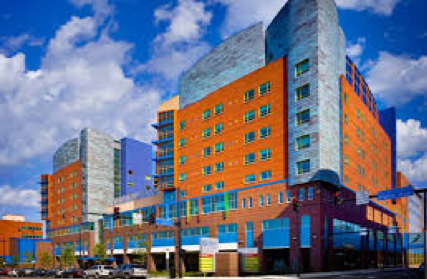 |
| UPMC Mercy Hospital is home to the UPMC Rehabilitation Institute’s Centers of Excellence in stroke rehabilitation, spinal cord injury, and brain injury. | UPMC Children’s Hospital of Pittsburgh is a nationally ranked in all 10 pediatric subspecialties surveyed by US News & World Report. It is also recognized as a top pediatric hospital for innovation and technology and has been praised as one of the nation’s most creatively beautiful hospitals. |
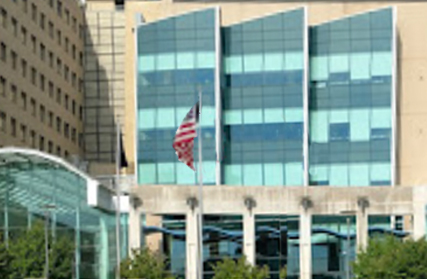 |
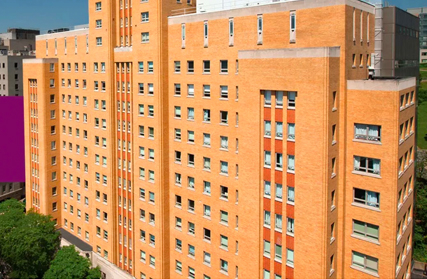 |
| VA Pittsburgh is the largest and most complex VA health care system in Pennsylvania, with seven sites of care including two medical centers (hospitals) and five community-based outpatient clinics. | Western Psychiatric Institute and Clinic is a nationally recognized leader in mental health clinical care, research, and education. Services include UPMC Western Behavioral Health, a network of nearly 60 community-based programs providing specialized mental health and addiction care throughout western Pennsylvania. |
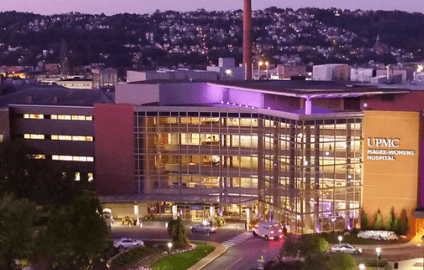 |
|
| UPMC Magee-Womens Hospital is a world-class center for both women’s health and comprehensive medical-surgical care. A National Center of Excellence in Women’s Health, it is one of the first recognized by the U.S. Department of Health and Human Services. |
Clinical Program
The individual aspects of the clinical program are:
- Inpatient Addiction Medicine Consultation Service – Fellows spend 18 weeks on the Addiction Medicine Consult Service at UPMC Presbyterian-Montefiore Hospital, in four to six week blocks. Over the course of their consultation service time they assume increasing responsibility for running the team and teaching learners on the service.
- Outpatient Addiction Medicine – Fellows will maintain their own outpatient addiction medicine clinic practice of one half day per week under the supervision of addiction medicine faculty, at the Internal Medicine Recovery Engagement Program, which is part of the Division of General Internal Medicine, or at the Women’s Recovery Center at Magee-Women’s Hospital. At these clinics, fellows with evaluate new patients with opioid use disorder as well as other substance use disorders, and initiate buprenorphine and naltrexone treatment. Fellows who wish to become the primary care providers for their patients will have the opportunity to do so as part of their IM-REP practice. Fellows will follow new patients longitudinally in the ambulatory setting as well as across settings if patients are admitted to the hospital or enter other treatment settings. Fellows will also rotate through the new Bridge Clinic, which provides low-barrier care of opioid use disorder and other SUDs, and spend two weeks gaining experience in managing patients with addiction or concern for opioid misuse in outpatient pain clinics.
- Narcotics Addiction Treatment Program (NATP) – Fellows will spend a half day per week (when not on a consult month) at the Narcotics Addiction Treatment Program, which is part of Western Psychiatric Institute and Clinic, which provides methadone and buprenorphine for treatment of opioid use disorder.
- Veterans Administration – Fellows will spend six weeks at the Center for Treatment of Addictive Disorders (CTAD) at the Veterans Administration. Fellow clinical activities at CTAD will include evaluations for medication treatment with buprenorphine or naltrexone, ambulatory detox assessments, and participation in the VA’s methadone maintenance program. Fellows who have a special interest in caring for veterans may spend additional elective time at the VA.
- Women’s Recovery Center (Magee-Women’s Hospital) – Fellows at the Women’s Recovery Center at Magee will gain experience caring for pregnant and non-pregnant female patients on treatment with buprenorphine as well as methadone both in the inpatient and outpatient setting.
- Elective and Supplemental Clinical Experiences – Fellows will spend 2.5 months in electives, which can include adding more time to any of the required experiences, or additional experiences in the community, Western Psychiatric Institute and Clinic, or inpatient hospital setting.
- Formal Teaching – Fellows attend relevant ongoing teaching conferences, including the monthly Addiction Medicine Journal Club/Case Conference (in which they present biannually), Addiction Medicine Grand Rounds, weekly Chief’s Conference, and the weekly national virtual didactic session hosted by the American College of Academic Addiction Medicine (ACAAM).
Faculty
 | Julie Childers, MD, MSDivision of General Internal MedicineProgram Director childersjw2@upmc.edu |
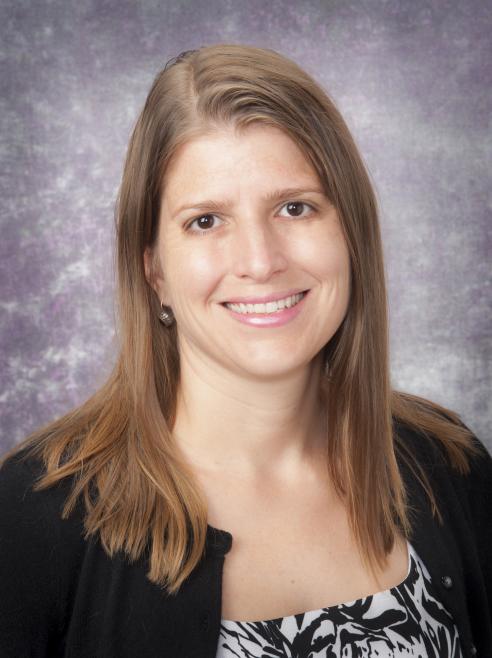 | Julie A Kmiec, DODepartment of Psychiatrykmiecj@upmc.edu |
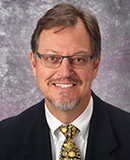 | Kevin L. Kraemer, MD, MScDivision of General Internal Medicinekraemerkl@upmc.edu |
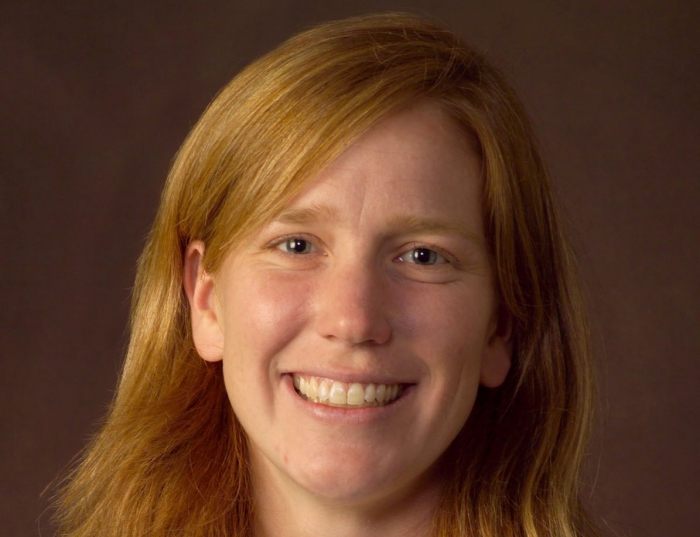 | Liz Krans, MDDepartment of Obstetrics, Gynecology & Reproductive Scienceskransee@mail.magee.edu |
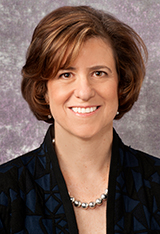 | Jane M. Liebschutz, MD, MPH, FACPDivision of General Internal MedicineDivision Chief liebschutzjm@upmc.edu |
 | Michael J. Lynch, MDDepartment of Emergency MedicineUPPEMoffice@upmc.edu |
 | Jessica S. Merlin, MD, PhD, MBADivision of General Internal Medicinemerlinjs@upmc.edu |
 | Payel Roy, MD, MScDivision of General Internal MedicineDirector, Addiction Medicine Consult Service payel.roy@pitt.edu |
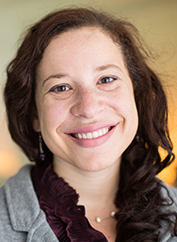 | Deanna Wilson, MDDivision of General Internal MedicineDirector, Adolescent Addiction Medicine Director, Research Track wilsonjd@pitt.edu |
Program Coordinator |
|
 | Alyssa Bernens bernensa@upmc.edu |
Fellows
2022-2023 | |
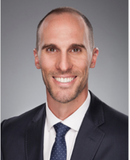 | Alex Hughes Medical School: St. George’s University, True Blue, Grenada Residency: Summa Health-OBGYN |
 | Margaret Shang Medical School: University of Illinois at Chicago College of Medicine, Chicago, IL Residency: UPMC Internal Medicine-Pediatrics |
2021-2022 | |
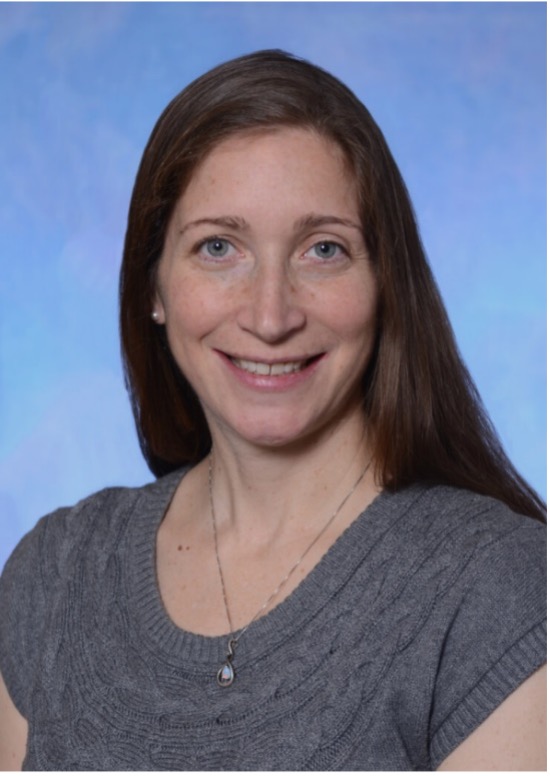 | Ilana Hull, MD Medical School: Oregon Health and Science University School of Medicine Residency: Providence Oregon Family Medicine Post- Fellowship Position: Faculty, Division of General Internal Medicine, University of Pittsburgh |
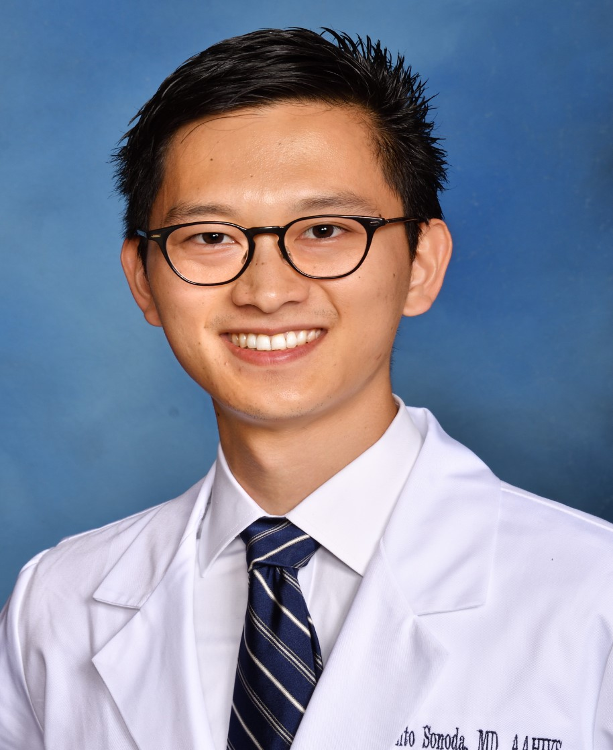 | Kento Sonoda, MD Medical School: National Defense Medical College in Japan Residency: Family Medicine, UPMC Shadyside Post fellowship position: Faculty, Department of Family and Community Medicine, Saint Louis University |
2020-2021 |
|
Alicia Boykin | |
Apply
The UPMC Medical Education Addiction Medicine Fellowship accepts applications through the Electronic Residency Application System (ERAS) and is participating in the Match in 2022.
Please apply to the UPMC Addiction Medicine Program through ERAS: MyERAS | (aamc.org)
Interviews for the 2023-2024 fellowship year will be virtual. Interview dates are: October 17, October 18, October 21, October 24, October 25, and October 28.
Contact Us

Division of General Internal Medicine Academic Offices
UPMC Montefiore Hospital
Suite W933
Pittsburgh, PA 15213
412-692-4821
Patient/Clinical Inquiries
412-692-4888
Administrative Office
412-692-4889


